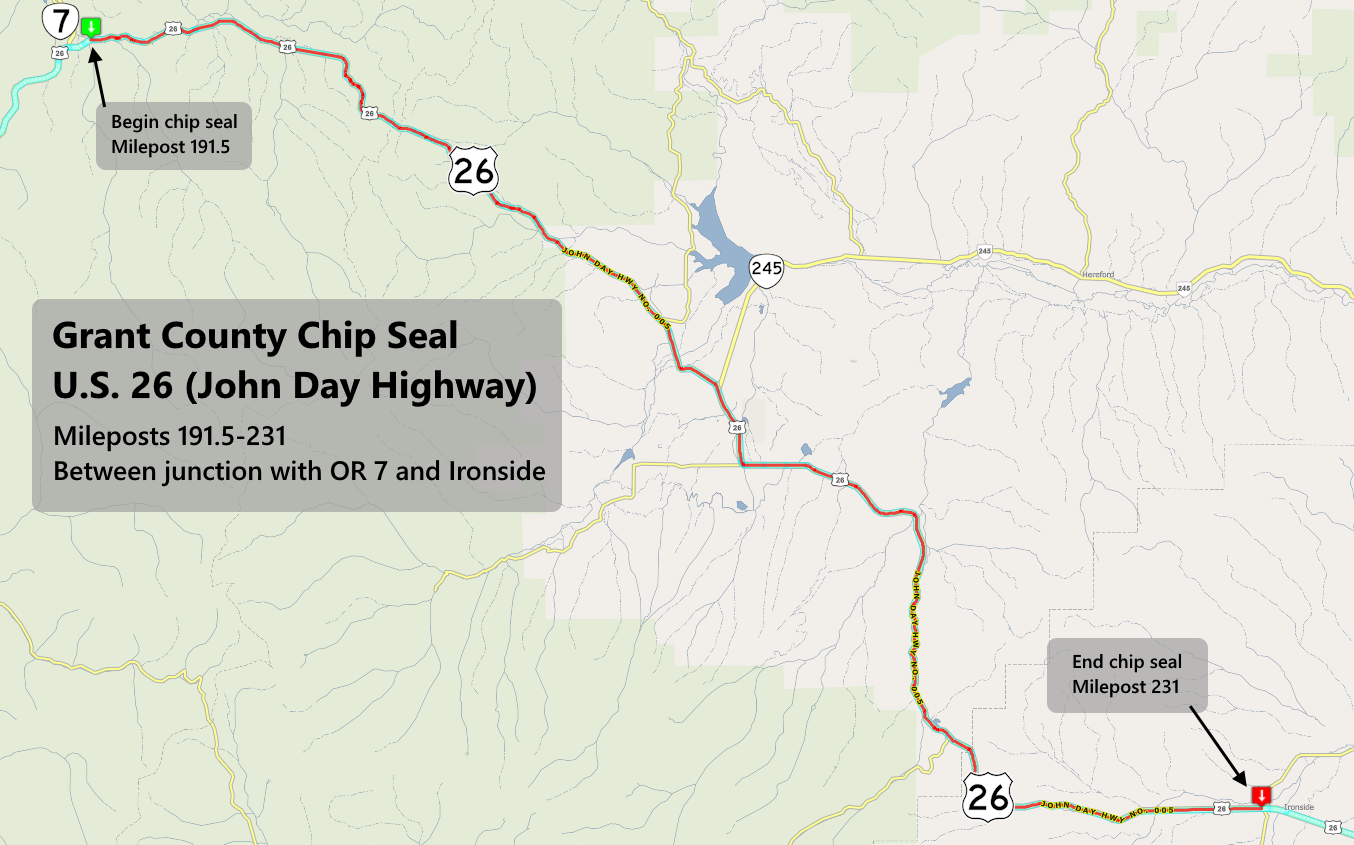County contracts with nurse to see patients once a month
Published 4:00 pm Tuesday, February 19, 2008
CANYON CITY – The county is contracting with a nurse practitioner to come in at least one day a month as a stopgap until the best staffing scenario for the Grant County Health Department can be determined.
County Judge Mark Webb said the county is still advertising to fill the department’s top job with either a nurse practitioner or an administrative nurse. However, the search has drawn no applicants.
“I don’t know if it’s the wages, the time of year, or the location,” he said.
The county’s former public health administrator, Karen Triplett, resigned at the end of December to pursue other positions in rural health. The county also lost its public health nurse, Marsha Delaney, last month, when she took a job starting a new lactation-counseling program at Blue Mountain Hospital.
The departures left the county office unable to provide the primary-care services it had been offering as a Rural Health Clinic.
The contract nurse will make her first visit next week, and will handle women’s health care appointments. Patients should call the department, 575-0429, to schedule an appointment.
The county also is looking into the possibility of contracting with two registered nurses to work part time until the staffing situation is ironed out.
Meanwhile, Webb said the Court wants to meet with hospital board members and CEO Bob Houser to discuss the community’s needs and possible ways to coordinate Rural Health Clinic (RHC) services.
“Things are still up in the air as to what the Health Department will look like in four months,” Webb said.
That picture will depend in part on what happens with the hospital’s own hiring in the next few months. The hospital is trying to fill two existing family physician vacancies, plus a third that will be vacant in April.
“The hospital is the most appropriate provider of health services in the county,” Webb said. He added that if the hospital is fully staffed, a “scaled-down version” of the Health Department may be more cost-effective for the county.
Webb and the Court also are studying a recently completed analysis of the county’s health needs. The Court asked the Oregon Office of Rural Health to conduct the study to help them make informed decisions about the future of the county’s Rural Health Clinic.
The report projected the impact of the lost medical staff at the county and the hospital. It said that by April, there could be a demand for 16,413 patient visits a year, but only enough staff to handle 12,180 of those visits.
“This would equate to the need for one MD working fulltime at 40 hours per week or two midlevel providers (nurse practitioner or physician assistant) working 40 hours per week each,” the report said.
The survey also addressed the question of whether the county needs two rural health clinics. In addition to the county department, the Strawberry Wilderness Community Clinic at the hospital is an RHC provider.
The study said the vacancies at the hospital make it unlikely that SWCC could take on all the county patients in the short term. In the long term, however, the report says “the clinic might be able to provide enough capacity to provide care for those patients who used to visit the Health Department.”
Still, the report says the Health Department serves a “unique client population of the more underserved patients in the area.” Some of those patients may not want to go to the hospital-based program but will go to the county office.
“Because preventative medical care is available through the county, it saves the clients, hospital and taxpayers money in the longer term by keeping people out of the emergency room and keeping them from developing preventable conditions,” the report said.
The report also suggested that if the county seeks to hire a new nurse practitioner, it build in some incentives for the employee to see more RHC patients than has been done in the past.
The report said the past nurse practioner’s “productivity” – patient visits – was low by Rural Health Clinic (RHC) standards.
Webb noted that didn’t mean the former department head was not busy, but that other types of patient visits – such as family planning – and administrative tasks probably were taking the balance of her time.
Primary care services can be billed to patients and insurance, generating revenue for the Health Department – traditionally a tough place for the county to make money.
Still to be determined is whether the RHC productivity would go up if the county builds in incentives for that type of work or changes the scheduling of appointments.
If not, “the demand may not be there,” Webb said.
Webb said the county has given the analysis to Houser and he hopes to get together with hospital officials soon to discuss future plans.






